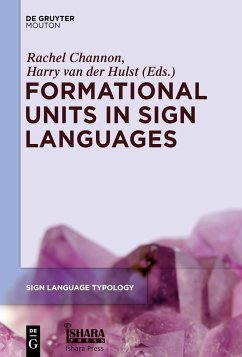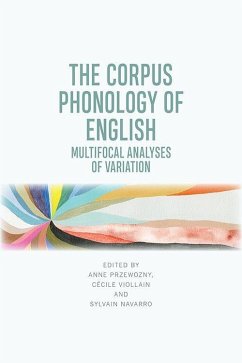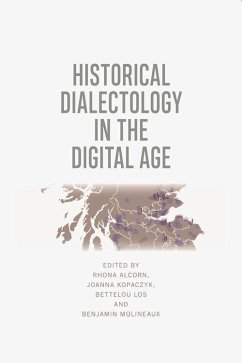
The Phonetics and Phonology of Heritage Languages
Versandkostenfrei!
Versandfertig in über 4 Wochen
121,99 €
inkl. MwSt.
Weitere Ausgaben:

PAYBACK Punkte
61 °P sammeln!
In recent times, the study of heritage languages has rapidly grown as an area of enquiry. However, until now, less has been known about the sounds and sound systems of heritage languages. Bringing together researchers from around the globe, this volume is the first full, book-length treatment of the phonetics and phonology of heritage languages. Each chapter examines understudied bilingual dyads in a broad range of geographic and social contexts, and through a wide variety of methodological and theoretical orientations. A wide range of heritage language sound system issues are addressed: at th...
In recent times, the study of heritage languages has rapidly grown as an area of enquiry. However, until now, less has been known about the sounds and sound systems of heritage languages. Bringing together researchers from around the globe, this volume is the first full, book-length treatment of the phonetics and phonology of heritage languages. Each chapter examines understudied bilingual dyads in a broad range of geographic and social contexts, and through a wide variety of methodological and theoretical orientations. A wide range of heritage language sound system issues are addressed: at the segmental level, production of vowels and various consonants, segmental perception, and the perception of written forms signalling phonological variation; and at the suprasegmental level, declarative and question intonation, stress, focus, and lexical tone. It is essential reading for academic researchers and students in heritage languages, bilingualism, phonetics and phonology, sociolinguistics, and language variation and change.














